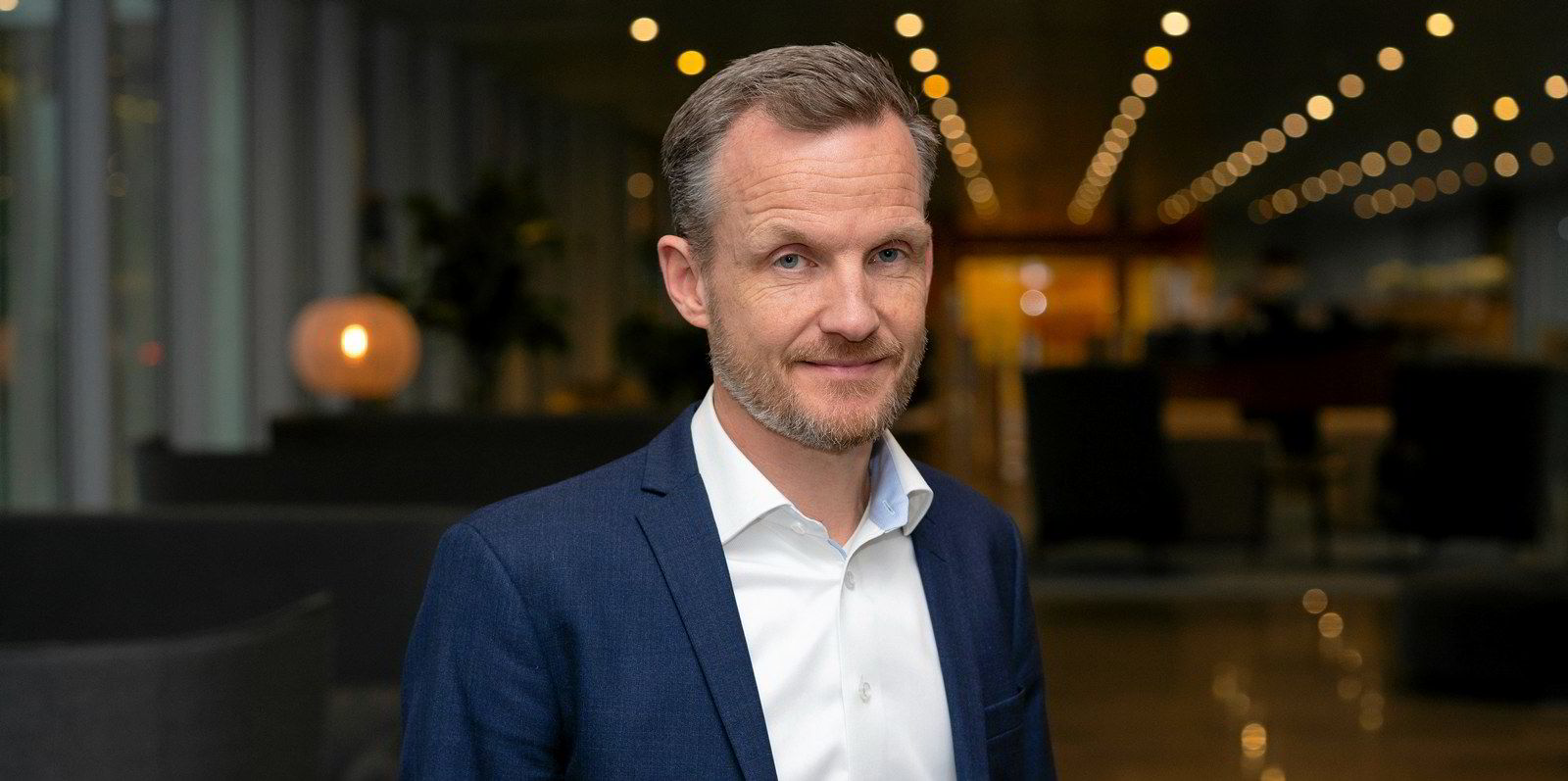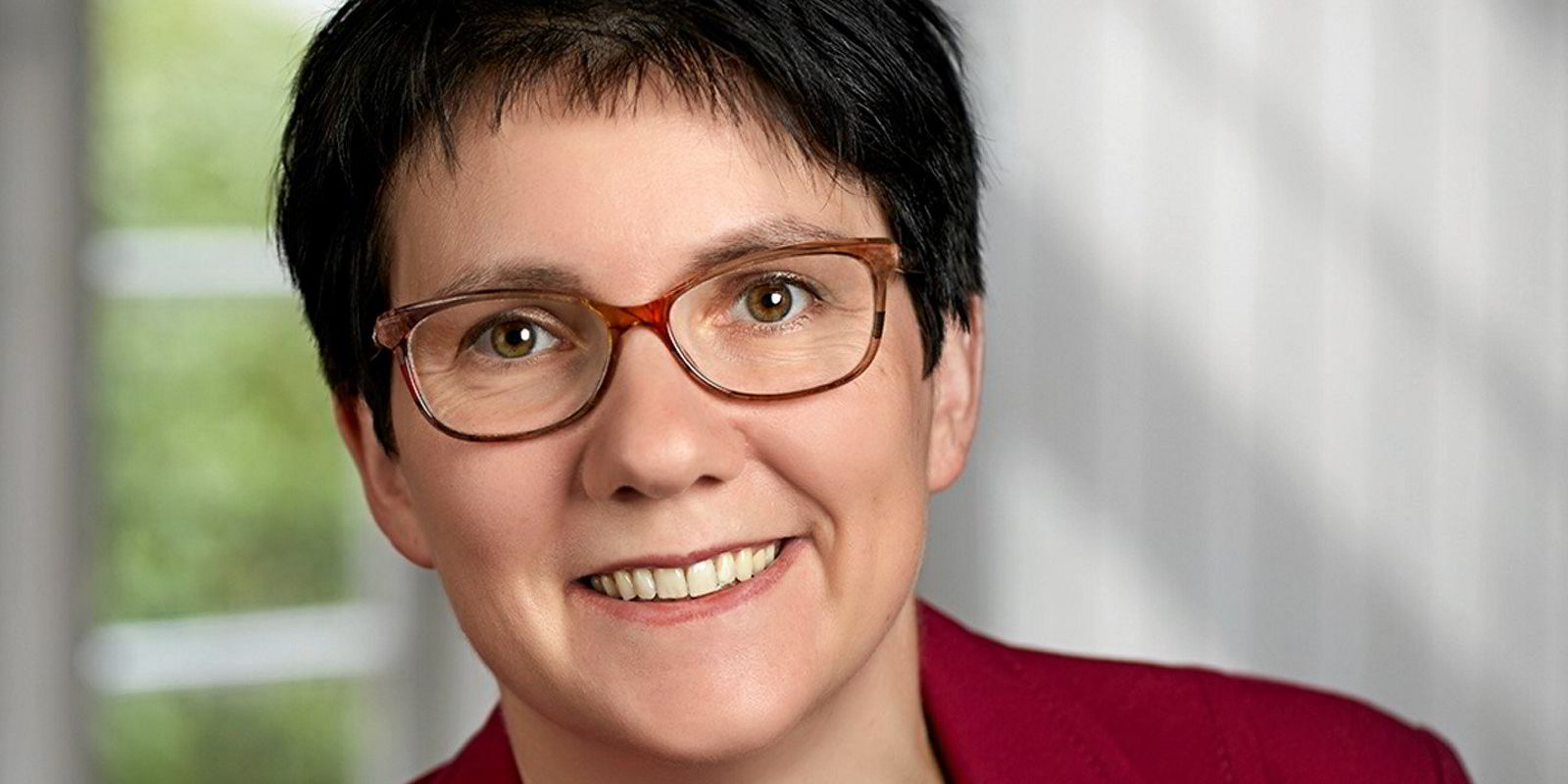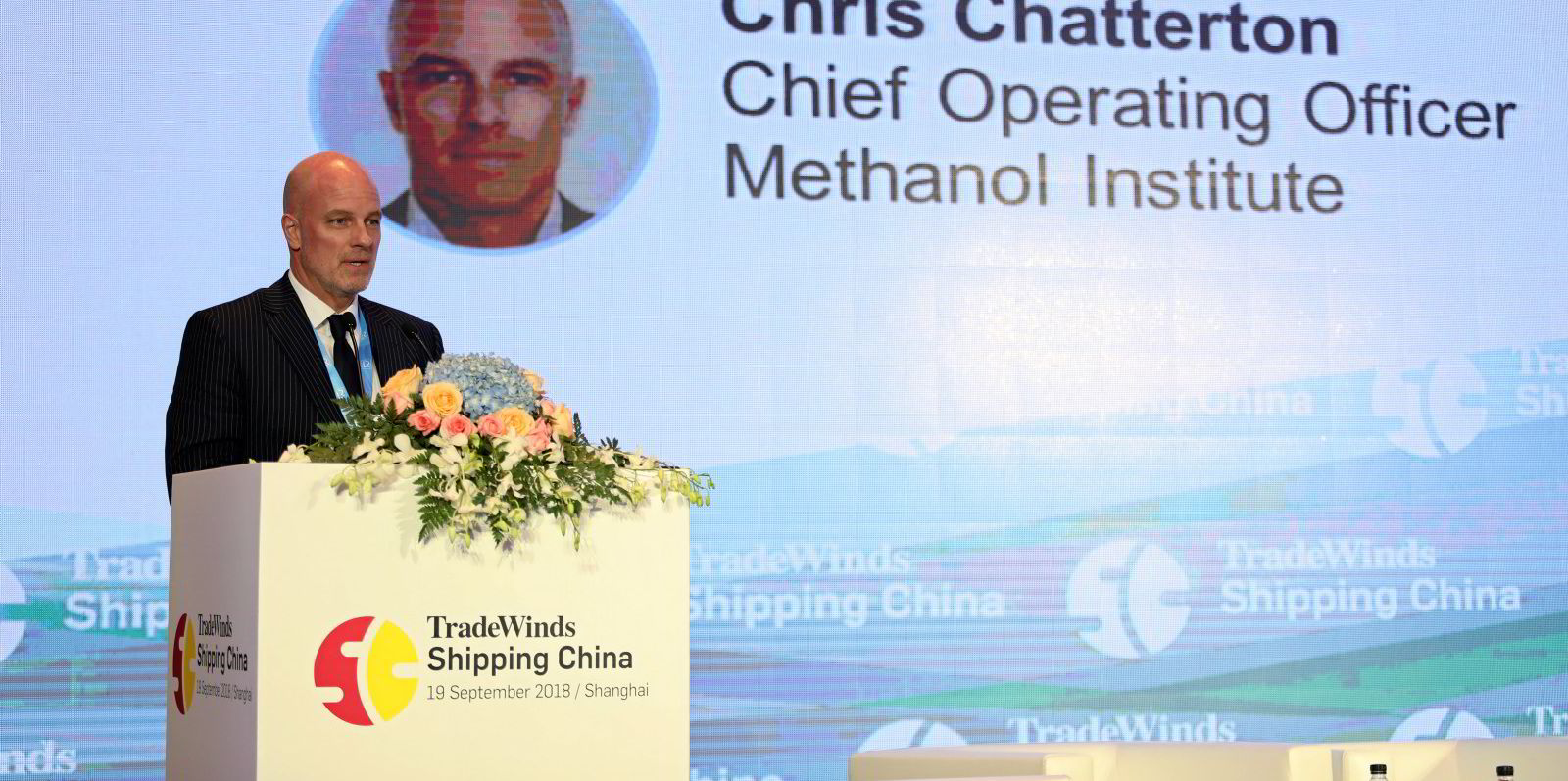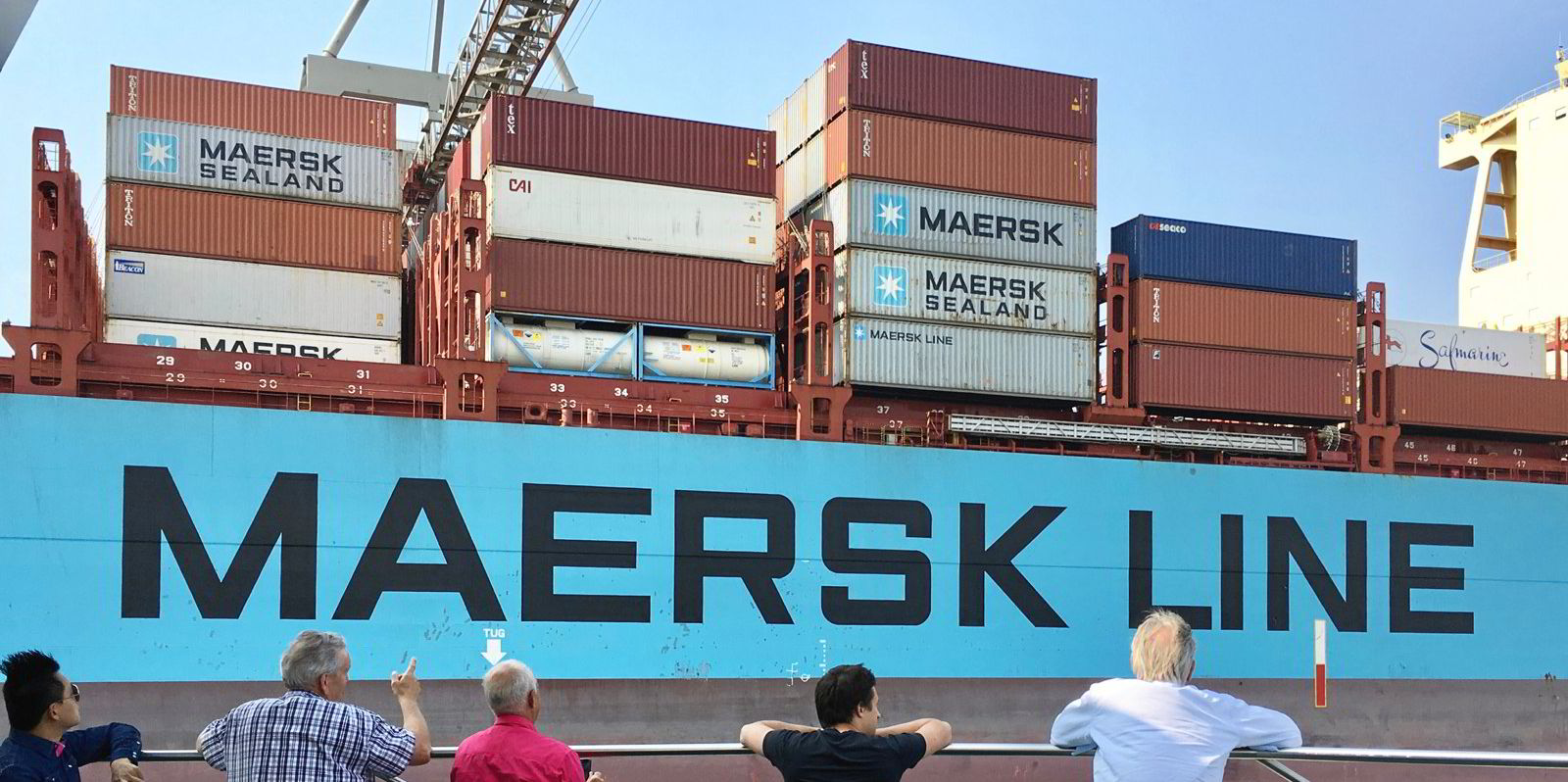AP Moller-Maersk is throwing its weight behind US-based start-up WasteFuel in a bid to increase sustainable bio-methanol production.
The Danish giant's corporate venture arm, Maersk Growth, is taking a stake in the California-based company with the goal of speeding up production and expanding the geographical network for sourcing the alternative fuel.
WasteFuel focuses on turning waste into sustainable aviation fuel, green bio-methanol and renewable natural gas.
Such fuels will become increasingly important for Maersk, which expects to take delivery of the first methanol-fuelled feeder containership newbuilding in 2023.
First up is a series of eight methanol-fuelled 16,000-teu neo-panamaxes scheduled to be delivered to Maersk a year later.
“We know that sourcing an adequate amount of green fuel for our methanol fuel vessels will be very challenging, as it requires a significant production ramp up globally,” Maersk’s head of decarbonisation Morten Bo Christiansen said.
Scale-up production
The agreement with the US start-up comes three weeks after Maersk reached an agreement to source e-methanol in Europe.
In August, Maersk named renewable energy company European Energy and its subsidiary REintegrate as partners in a Danish facility which will produce about 10,000 tonnes of carbon-neutral e-methanol.
“Collaboration and partnerships are key to scaling the production and distribution of sustainable fuels,” Christiansen said.
“And we look forward to doing exactly that with WasteFuel: exploring potential future green solutions not just for our vessels, but also for Maersk aviation and trucking companies."
Christiansen will join the board of WasteFuel, which is expected to develop biorefineries to produce sustainable fuels from unrecoverable waste.
The company is also developing projects in Asia and the Americas including a biorefinery in Manila, Philippines, to produce low-carbon fuels.
Co-founder and chief executive Trevor Neilson said the partnership would “usher in an era of more environmentally conscious sea transport”.
“Our goal is for WasteFuel to reduce life-cycle greenhouse gas emissions by 90% compared to fossil fuels,” he said.
Maersk's decision to opt for methanol as an alternative fuel puts it on a different course from other liner operators such as CMA CGM, Hapag-Lloyd or Zim, which have opted for LNG-fuelled newbuildings to reduce emissions.







